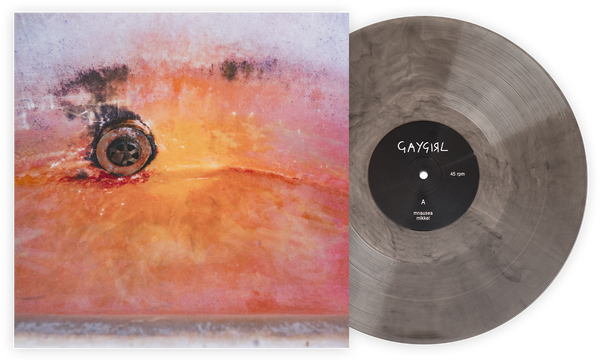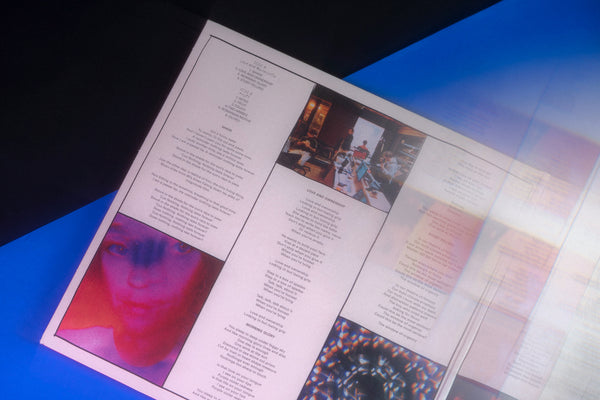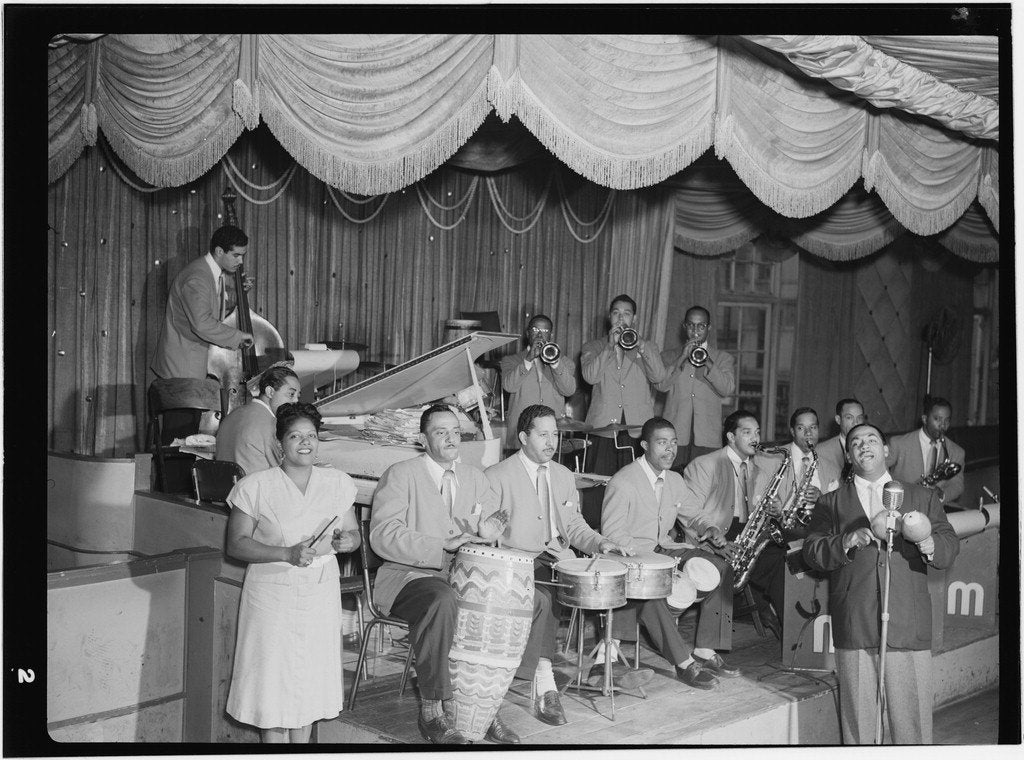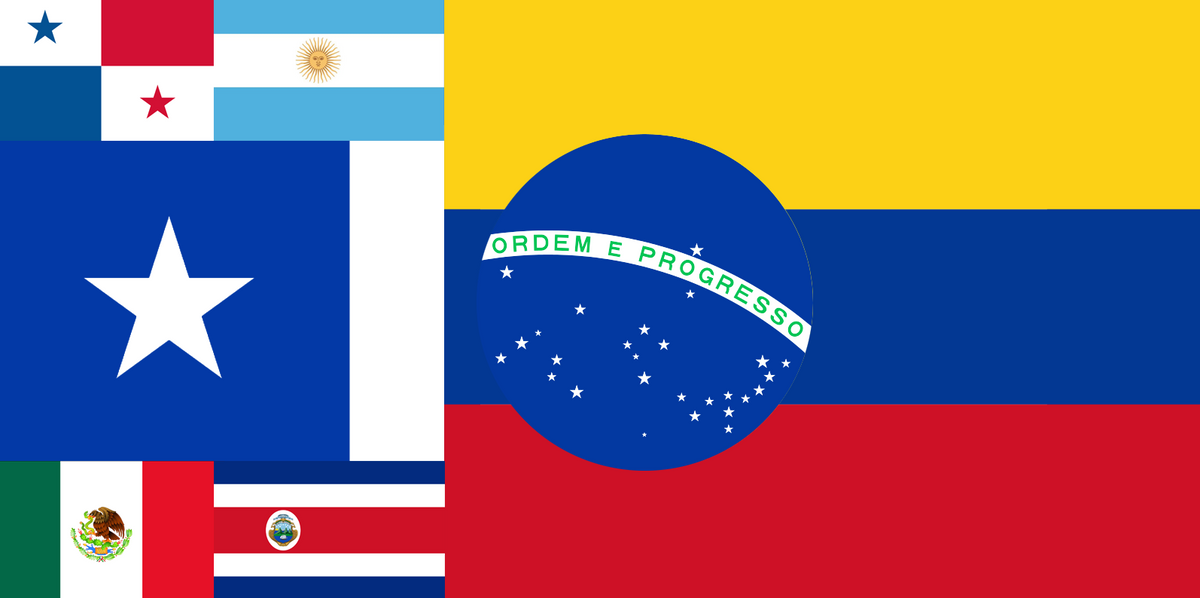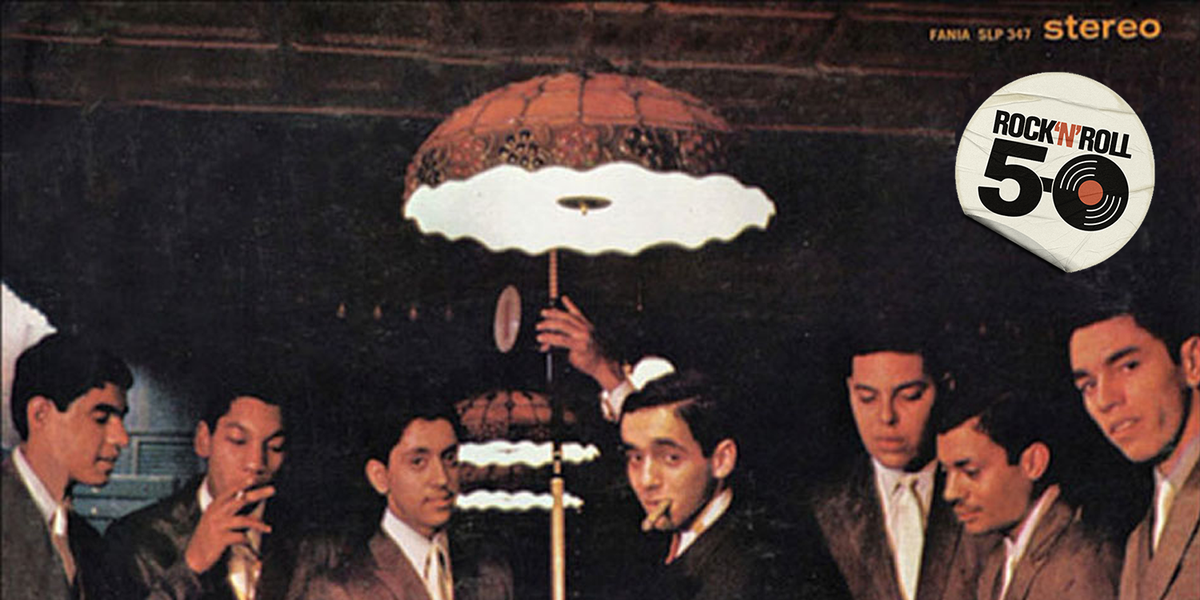Every week, we tell you about an album we think you need to spend time with. This week's album is the self-titled debut of Latin Jazz group, Orquesta Akokán.
The Cuban big band tradition both precedes and overlaps with the revolucion, the bloody five year populist coup that ushered in Fidel Castro’s subsequent tenure as the island nation’s autocrat. Artists of the 1940s and 1950s like Machito’s Afro-Cubans and Benny Moré's Banda Gigante defined and popularized this utterly immense sound of percussion and brass and piano and voice that blurred the lines between jazz and Latin forms.
Both of its time and timeless, this music became a core part of how people perceived the country, even as the punitive U.S. embargo isolated its next door neighbor for decades. Even today, with Castro finally dead, America’s Cuba policy remains highly politicized and absurdly partisan, with Republican hardliners and Democratic fencemenders reigniting the debate every four years like clockwork. As if frozen in amber, the big band sound endures, nearly to the point of stereotype alongside its classic cars, baseball prowess, and coveted cigars.
As the son of a Cuban immigrant, the music of my paternal homeland was a staple of my upbringing. My grandfather’s records, now only vague shapes of colored album covers traced over in my rapidly approaching midlife mind, instilled in me a romanticism for a country I’ve lamentably yet to visit. After he passed, my father continued the musical education, filling our home with song. Some twenty years ago, when Ry Cooder’s intergenerational Buena Vista Social Club and Afro-Cuban All Stars projects reintroduced both big band and traditional Cuban musical styles to the broader Western world, we listened intently together to the stories and instrumentation of what some cynical snobs might lazily label a novelty record.
To some extent, the eponymous full-length debut of Orquesta Akokán serves as a spiritual sequel to the Buena Vista movement, with a handful of participants from outside Cuba leading a robust ensemble of locals including the esteemed pianist César “Pupy” Pedroso of Los Van Van. The project’s leader, Camagüey native José “Pepito” Gómez, toured previously with the departed Compay Segundo, a trovador who brought a certain charm to those Cooder-helmed releases. Beyond that direct connection, he honed his vocal chops in other notable projects inside and outside Cuba.
Yet what most tethers Gómez and his Orquesta Akokán players to the island’s big band legacy has to do with the where of the group more so than the who. Recorded at Estudios Areito, a historic state-run recording studio in Havana, the Orquesta Akokán album shares a common bond with decades of Cuban music. First opened in the 1940s, Areito has long been the place to record in the city, a point made especially finer in the 1960s when the Castro regime absorbed it away from record label Panart and made it part of EGREM, the country’s nationalized record label group. Studio 101 has hosted countless Cuban musicians over the years, and notably the aforementioned Cooder records were made there as well.
This appropriation of culture by the state was taken to such an extreme it limited the ability for artists to record elsewhere, which in effect has allowed for a remarkable consistency across so many recordings made at Areito over the years. From the opening descending keys of arranger and pianist Mike Eckroth on “Mambo Rapidito” to the closing cacophony of “A Gozar La Vida,” Orquesta Akokán is a veritable time capsule recreation by design. Produced by Chulo Records founder Jacob Plasse, the three day studio session focused on original material rather than rehashed standards. Yet the high caliber of material like “Otro Nivel” and “Yo Soy Para Ti,” sung vibrantly by the now New Jersey based Gómez, makes the album feel classic, very much in line with the work of Cachaito, Chico O’Farrill, Perez Prado, and Arsenio Rodriguez, all of whom recorded at Areito.
Though the Spanish-language Orquesta Akokán may not seem an obvious fit there, Daptone Records boasts a bit of a fetish for faithful executions of the sounds of yesteryear. Its catalog represents some of the finest interpretations of American soul music, with incestuous groups like the Dap Kings, the Extraordinaires, and the Menahan Street Band backing incomparable vocal talents. In recent years, Daptone has known tragedy with the loss of beloved talents like Charles Bradley and Sharon Jones, leaving the label potentially rudderless without its best known stars.
Cubans too know heartbreak, a crushing of spirit exemplified by the 90 mile gulf between the country and its expatriates in Miami, generations of brethren and sistren separated physically by water and institutionally by political grandstanding. Regardless of who’s in power in either nation, a transnational creative partnership like Orquesta Akokán must be cherished for its ability to overcome woe and embrace the beauty of coming together as one.
Born, raised and still living in New York City, Gary Suarez writes about music and culture for a variety of publications. Since 1999, his work has appeared in various outlets including Forbes, High Times, Rolling Stone, Vice and Vulture, among others. In 2020, he founded the independent hip-hop newsletter and podcast, Cabbages.
Related Articles
Join the Club!
Join Now, Starting at $36Pages






